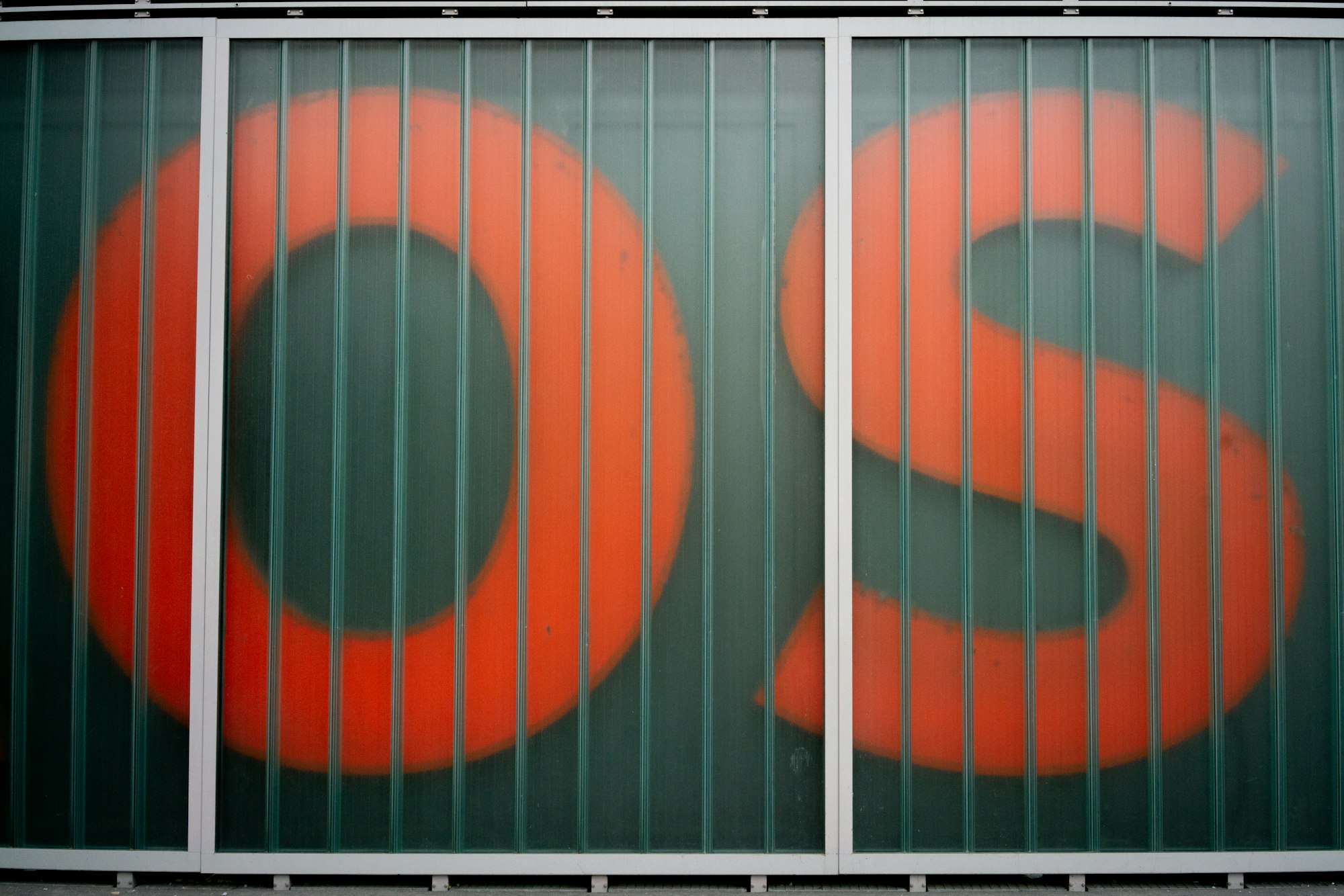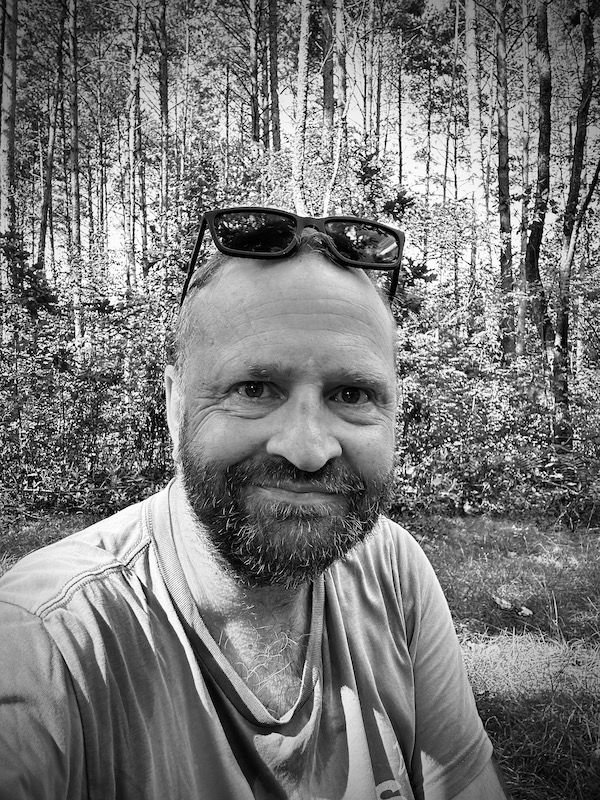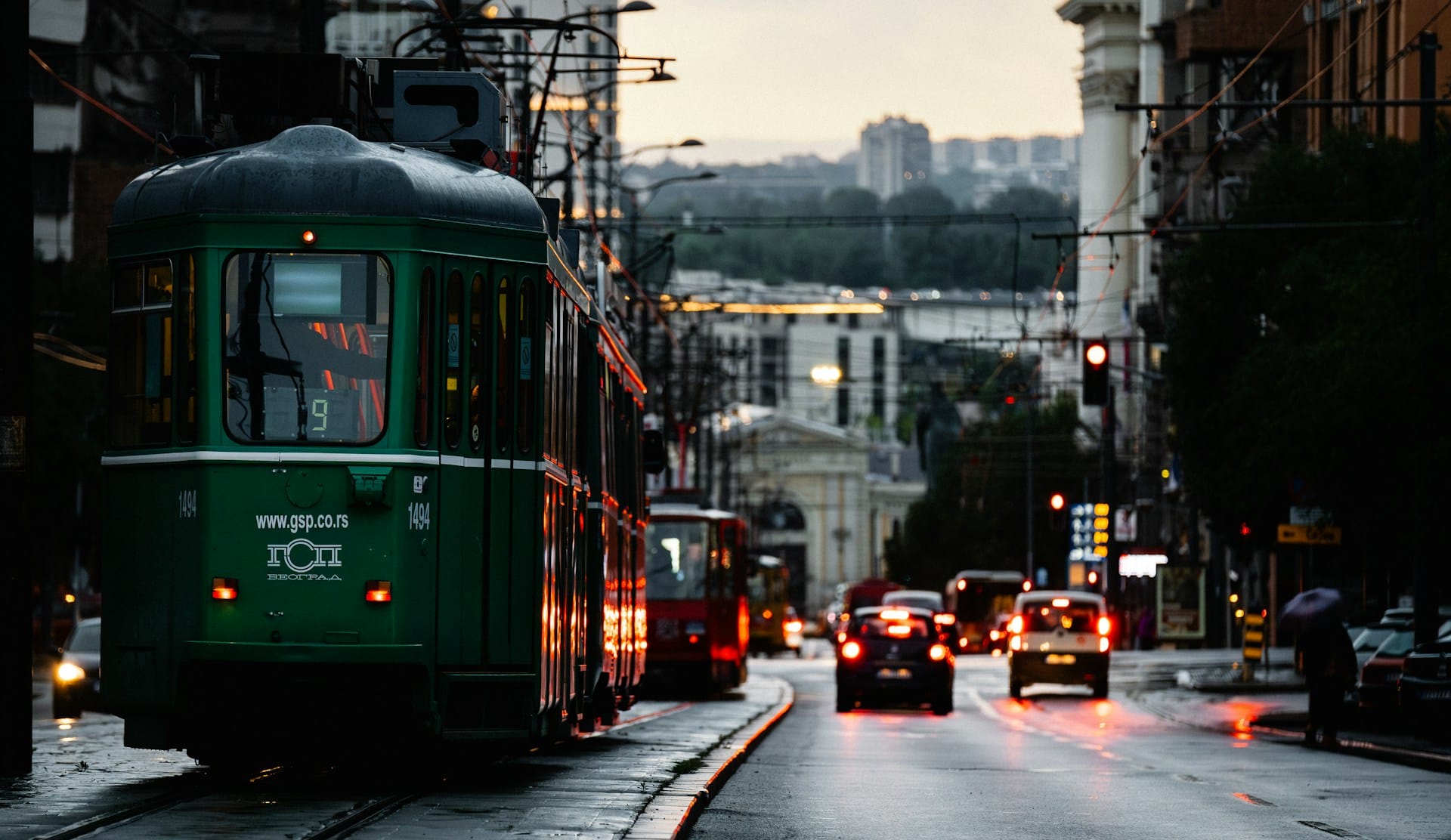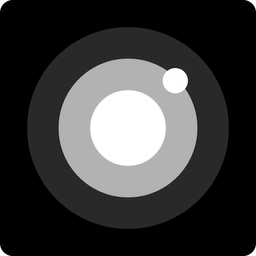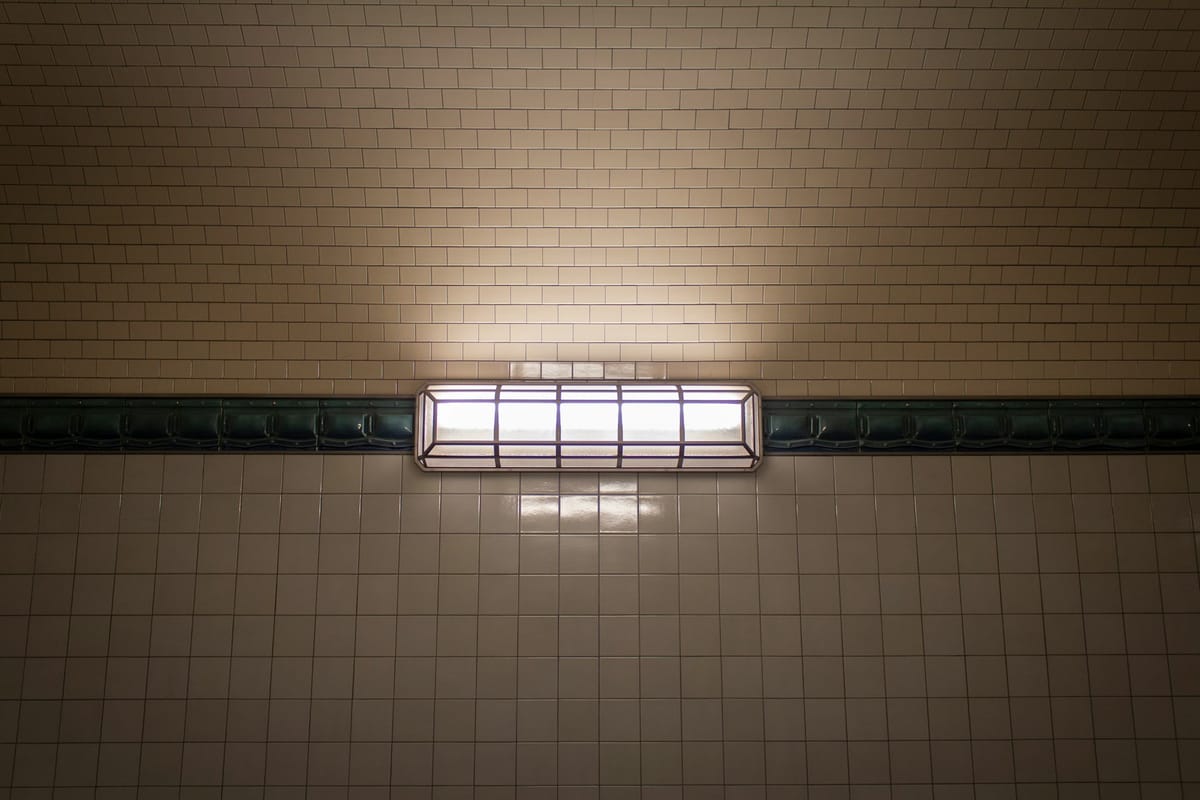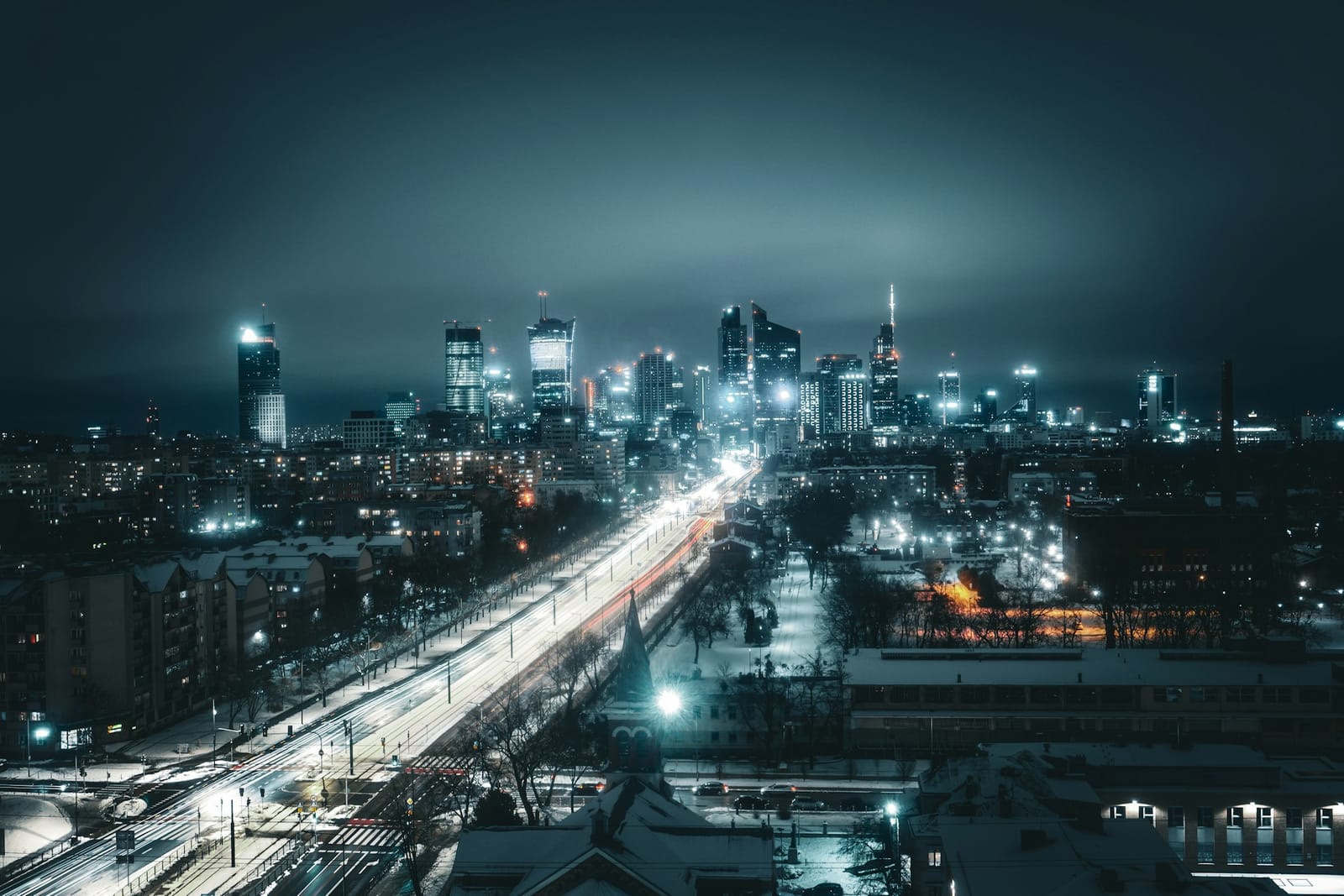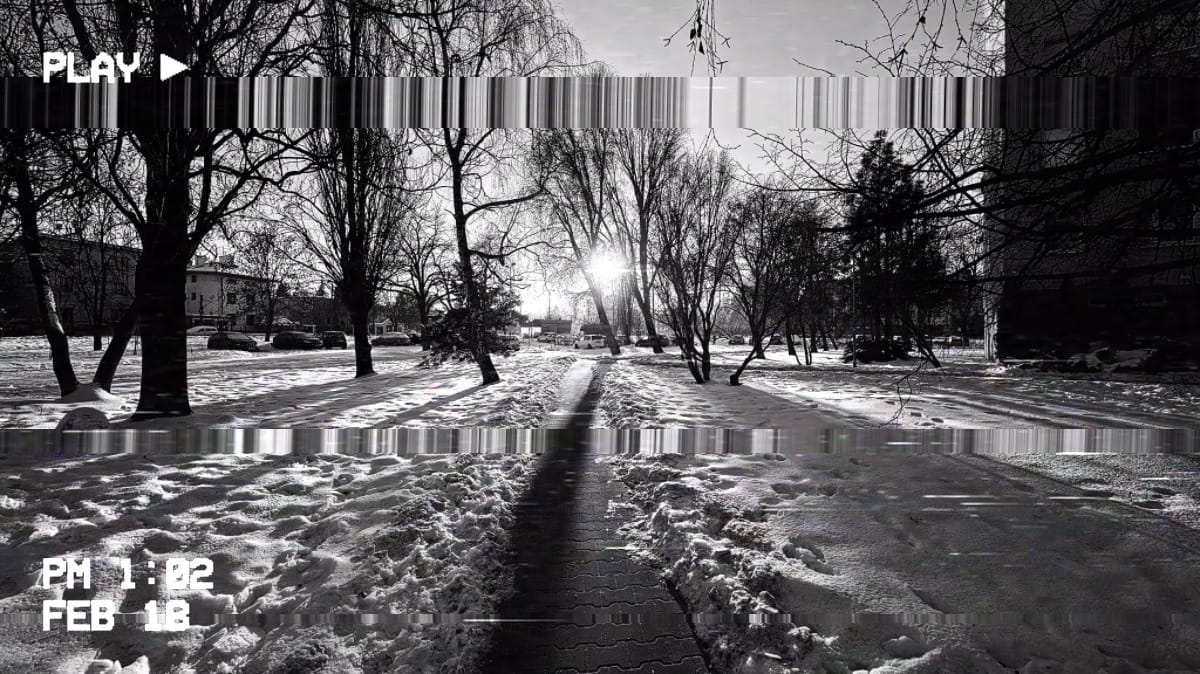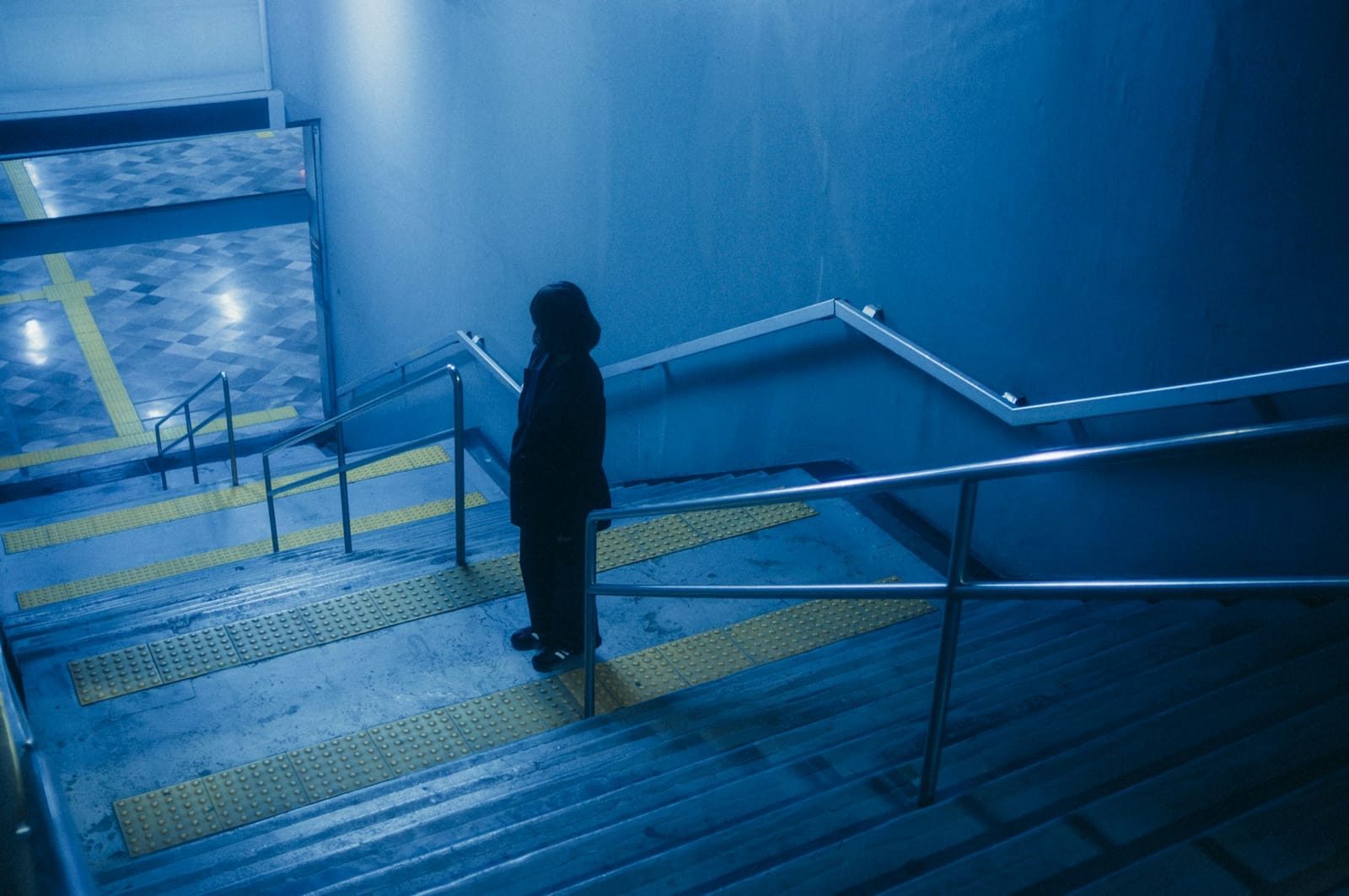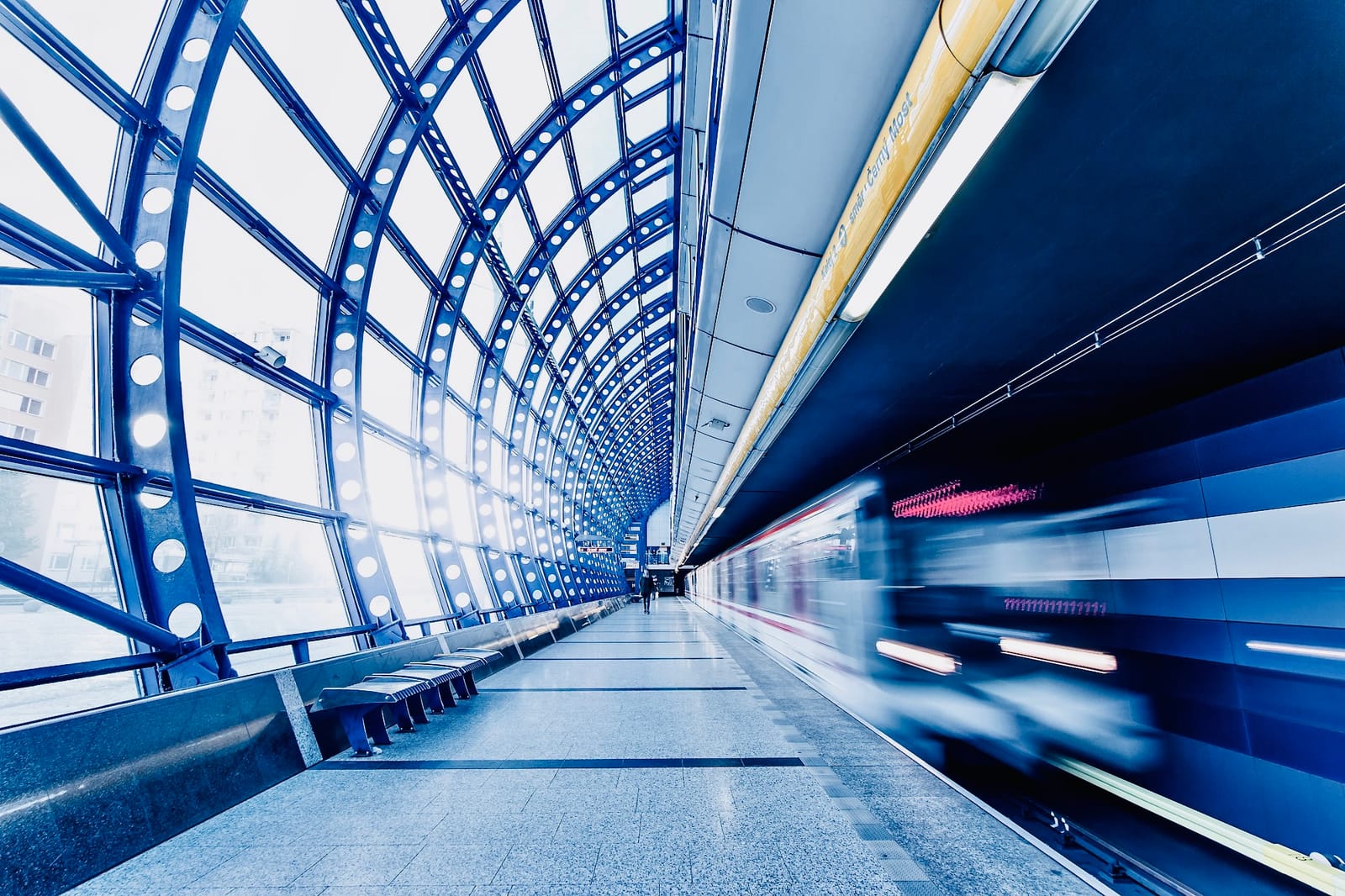Sitting on my balcony last week, contemplating my imminent move to Belgrade, I had what felt like a moment of theoretical clarity, an epiphany if you like. After three months of practicing what I've come to call "strategic non-tourism" - existing almost entirely in Warsaw's non-sightseeing neighbourhoods - I realised my wanders weren't just "wandering" anymore. I was conducting fieldwork.
The notional Warsaw Winter Theatre Company methodology has, I think, evolved beyond its original framework. What began as an investigation into how cities perform themselves for displaced subjects has become something more specific: a somewhat controlled experiment in unguided urban discovery. Belgrade, arriving in my life with perfect timing, offers the chance to test whether this methodology is transferable - and to push it further toward a form of deliberate digital abstinence.
So, this is the Belgrade Fall: Season Two, where winter theatre meets unguided urbanism.
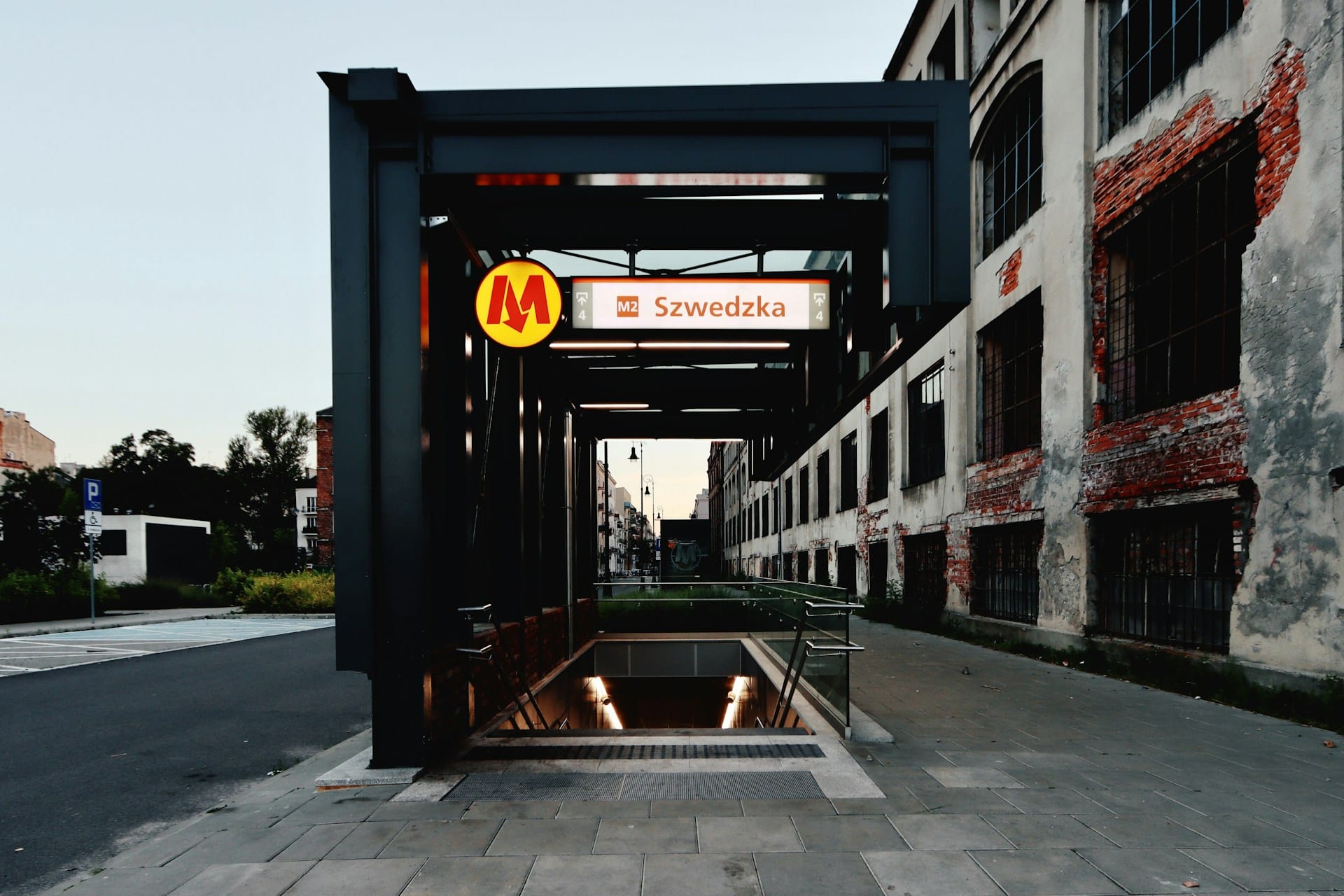
What Warsaw Has Taught Me
My Warsaw residency proved that cities reveal entirely different truths when approached without digital mediation. Three months of mostly avoiding tourist infrastructure has taught me that every city essentially runs parallel versions of itself - the performed city designed for cultural consumption, and the lived city that exists in the gaps between official narratives.
In this way, I re-discovered Warsaw through grocery shopping patterns, through observing which places locals actually frequent versus which ones photograph well, through learning the informal social geography that no guidebook could map. The neighbourhoods ignored by tourism became new laboratories for understanding how urban life actually operates beneath its simulation layers.
Most importantly, I learned that refusing pre-research doesn't create "authentic" experience - that category has been too thoroughly colonised by the tourism industry. Instead, it creates space for something genuinely unpredictable: being caught off guard by reality.
But Warsaw has been accidental methodology. I spent much of my time here wandering without intention and slowly discovered a practice. Belgrade represents the chance to make that practice more intentional.
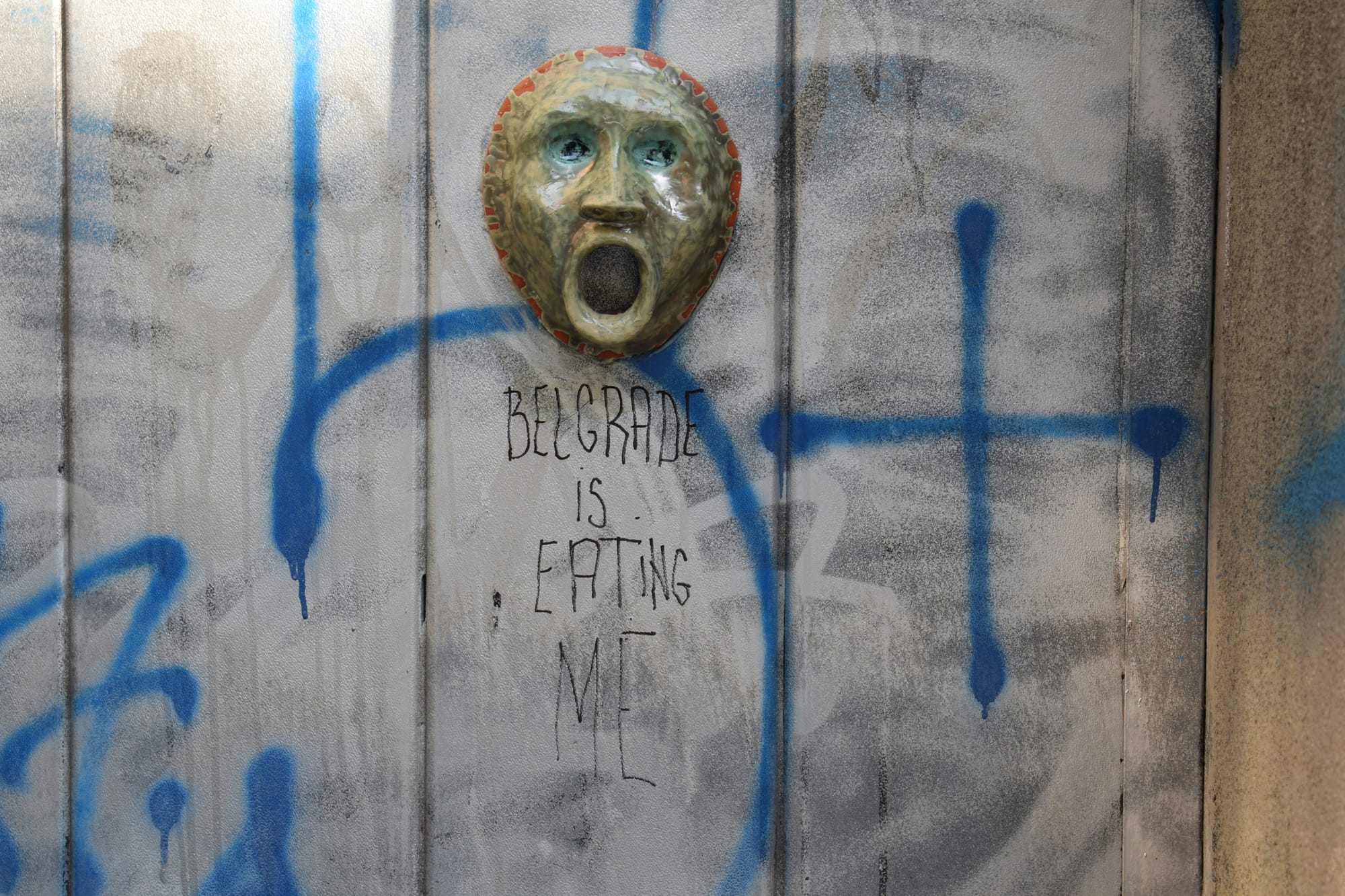
The Belgrade Experiment: Parameters
My intention is that Belgrade Fall: Season Two will operate under more rigorous, self-imposed, experimental conditions. Where Warsaw taught me to recognise urban performance, Belgrade Fall will explore what happens when you systematically refuse the digital infrastructure that typically mediates those performances.
The experimental parameters:
Navigation Abstinence: No tourist maps. All subsequent spatial learning through embodied exploration and local observation patterns.
Social Discovery Protocols: Restaurants, cafes, and social spaces discovered only through foot traffic analysis. If I see only tourists, I keep walking. Social mapping through presence rather than reviews.
Transportation by Mimicry: Public transport learned through watching locals, not through app optimisation. Routes discovered through repetition and mistake rather than digital efficiency.
Linguistic Immersion Without Translation: No translation apps. Meaning negotiated through context, gesture, and gradual pattern recognition.
Documentation Without Photography: Written observation only during the initial phase. The camera will come out later, after my spatial literacy develops independently of mere visual collection.
My hypothesis: That cities reveal different organising principles when approached through embodied learning rather than information consumption.
Post-Socialist Urban Performance
The Warsaw-Belgrade trajectory offers me particular richness for this investigation. Both cities carry layers of socialist urbanism, and both navigate post-1989 transformations, but Belgrade adds the further complexity of the Yugoslav dissolution, the NATO bombings, and a whole different relationship to European integration.
This isn't cultural comparison - the WWTC methodology rejects that kind of analytical tourism. Instead, it's about testing how urban performance operates differently across contexts that share certain historical trajectories while diverging in crucial ways.
Warsaw's winter theatre involved the performance of seasonal authenticity, the staging of historical memory, the careful choreography of cultural encounter. I wonder, what kind of performance will Belgrade generate? Post-conflict urban identity? EU-adjacent simulation? Balkan authenticity production?
The beauty of the intended methodology is that Belgrade will produce its own metaphorical framework rather than confirming predetermined expectations. Each residency, or season, generates its own analytical language.
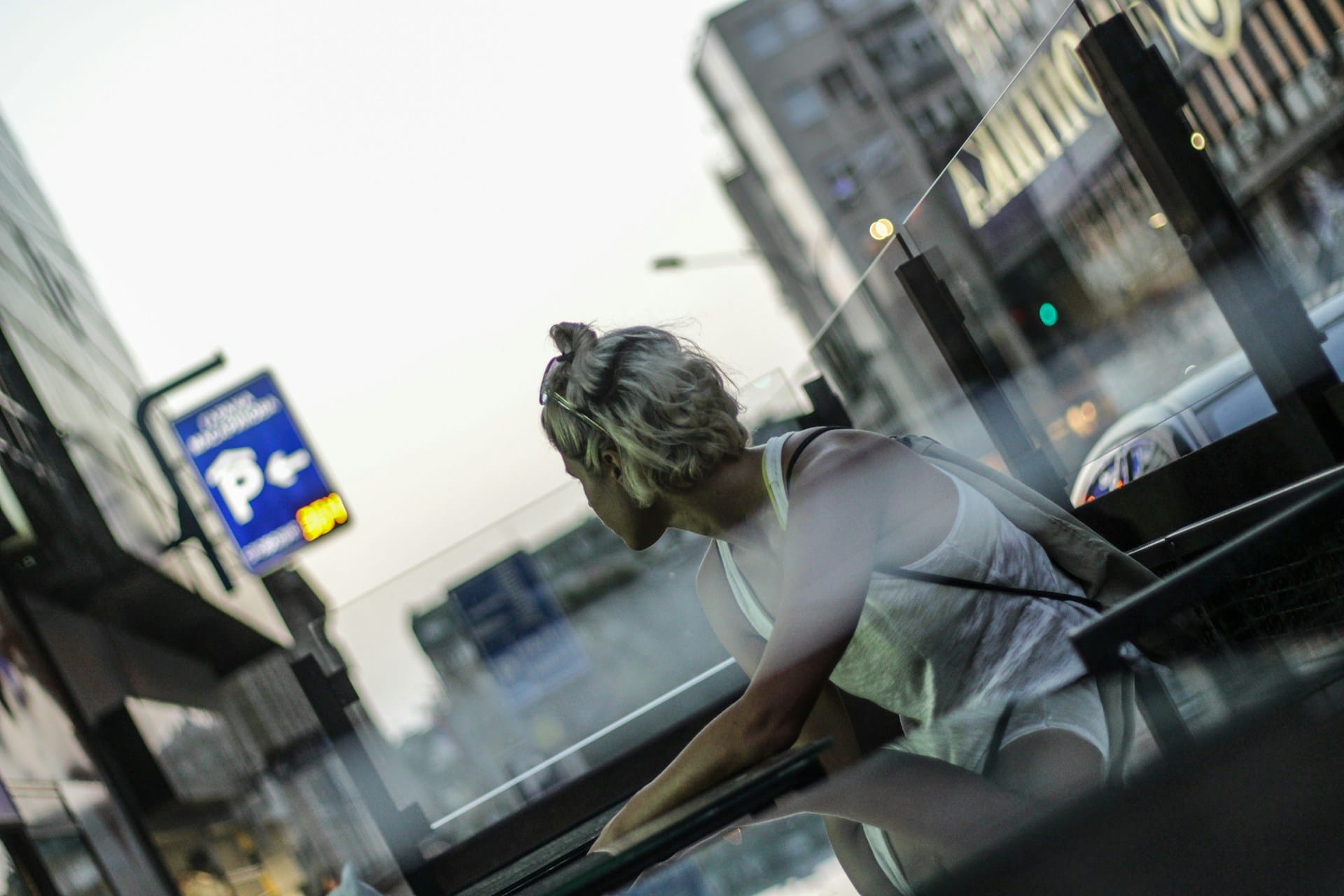
The Unguided City as Counter-Methodology
What I'm calling "digital detox urbanism" represents more than just nostalgic resistance to smartphone dependency. It's a form of counter-methodology to the entire infrastructure of optimised experience that shapes contemporary urban encounter.
The "smart city" promises efficient navigation, optimised recommendations, algorithmic discovery of local culture. Digital nomadism turns every location into consumable content. Travel apps transform exploration into guided consumption.
For me the unguided city approach abandons optimisation in favour of what I'm calling "productive disorientation." Instead of arriving in Belgrade with researched expectations, I'm bringing only the analytical tools developed through my Warsaw experience: how to read residential versus tourist geography, how to distinguish performed authenticity from lived culture, how to develop spatial literacy through embodied practice.
This creates richer conditions for genuine urban encounter - not the kind promised by travel marketing, but the kind that emerges when familiar systems of meaning temporarily break down.
Methodology as Travelling Practice
The WWTC framework functions as portable analytical infrastructure rather than location-specific commentary. Each residency will test broader questions about how contemporary consciousness navigates spatial and cultural displacement.
Warsaw developed the core methodology: strategic participation in local simulation combined with analytical distance. Belgrade will test whether that methodology transfers across different post-socialist contexts while introducing new variables around digital abstinence.
Future residencies might explore other questions: How does the methodology work in cities without post-socialist history? What happens in places where tourism hasn't yet created parallel urban infrastructures? How do different linguistic contexts affect embodied learning?
This mobility should prevent any single analytical framework from becoming too settled. Just as we begin to understand how cultural performance works in one context, the investigation shifts to another that requires different conceptual tools.
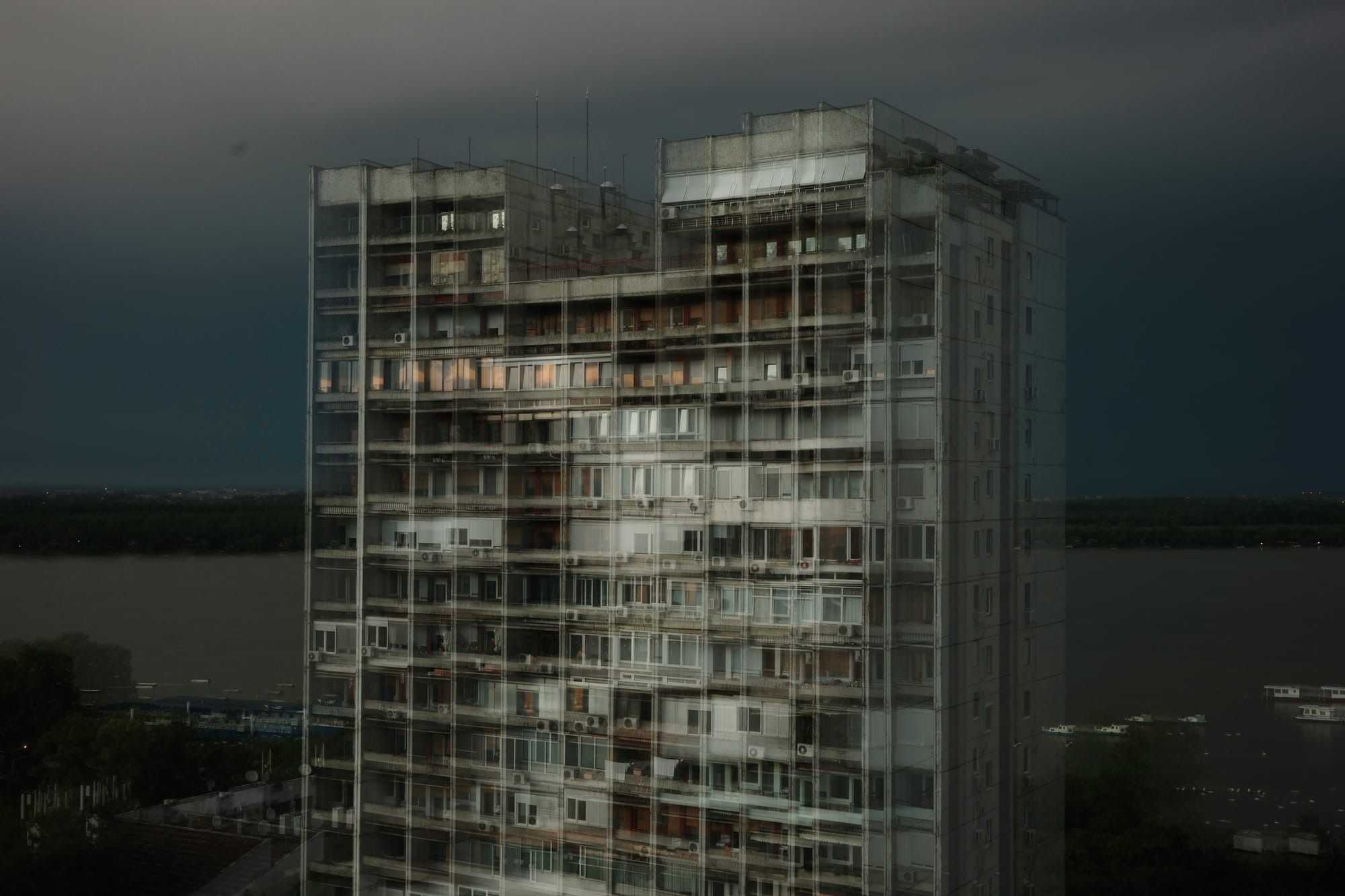
Documentation and Output
I anticipate that Belgrade Fall: Season Two will generate multiple formats of creative investigation:
Real-Time Field Notes: Daily written documentation of spatial learning, pattern recognition, and disorientation. How does literacy develop? What emerges that couldn't be pre-researched?
Neighbourhood Ethnography: Analysis of how different districts perform their cultural identity, who they perform for, and how lived reality operates alongside or beneath that performance.
Transit Phenomenology: Documentation of how transportation patterns reveal urban social geography. Which routes connect residential areas? How do informal transportation networks operate?
Acoustic Mapping: Audio documentation of how different neighbourhoods sound - the acoustic signatures of urban performance versus everyday life.
Comparative Analysis: Not cultural comparison per se, but methodological reflection. How does this more or less unguided approach reveal different aspects of urban organisation across contexts?
All of the resulting will be published through Reticulate (ntwx) as the season unfolds, maintaining the WWTC commitment to intellectual disruption disguised as travel writing.
The Performance Continues
You could say that Belgrade represents methodological evolution rather than a simple location change. The question isn't what Belgrade will teach me about Serbian culture or Balkan identity - those categories are themselves products of the simulation infrastructure I'm investigating.
The question is: What becomes visible when you approach urban space without the mediating layer of digital information? How do meaning and familiarity develop through embodied practice rather than downloaded knowledge?
The Warsaw Winter Theatre Company Intervention proves that every city performs itself for displaced subjects. The Belgrade Fall Season will explore what happens when those subjects refuse to play their assigned roles in the performance.
In short, the methodology travels. The investigation continues, generating new questions, new disruptions and new ways of understanding how authenticity gets manufactured and consumed in late capitalism.
Belgrade awaits - not as destination, but as laboratory for the ongoing experiment in unguided urbanism.
The first output for Season Two: OS:B is in it's infancy. Read more about what's coming up below:
